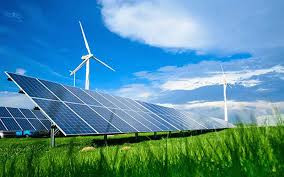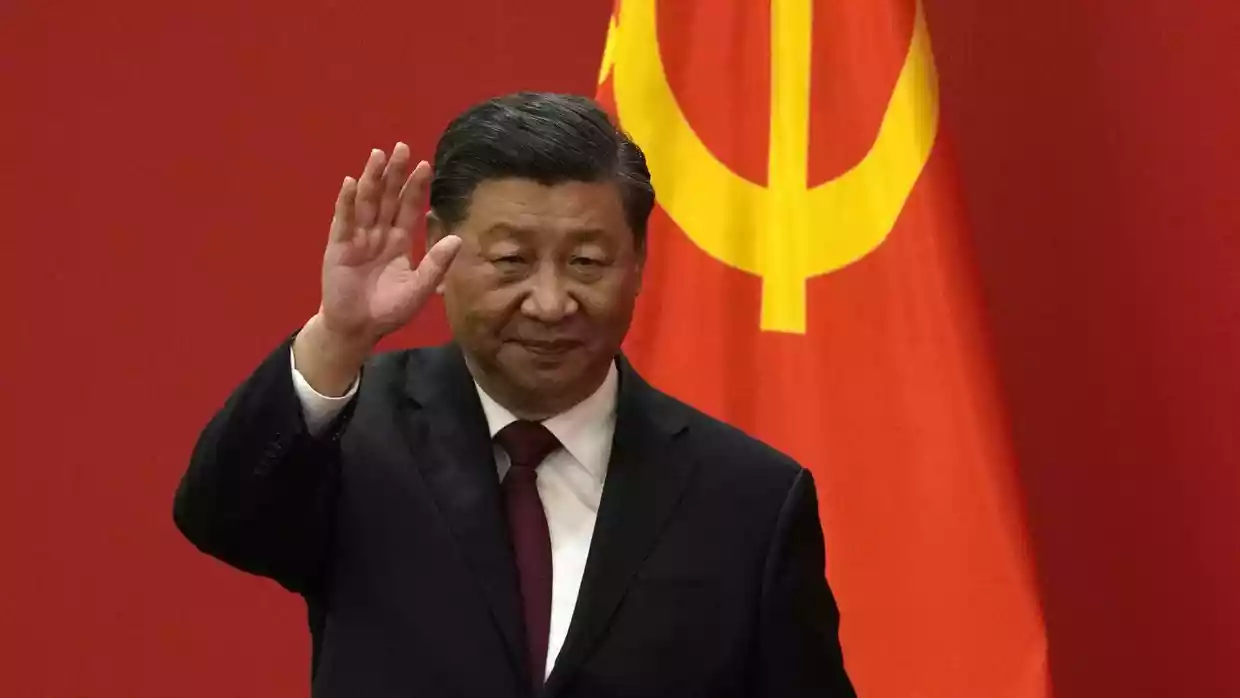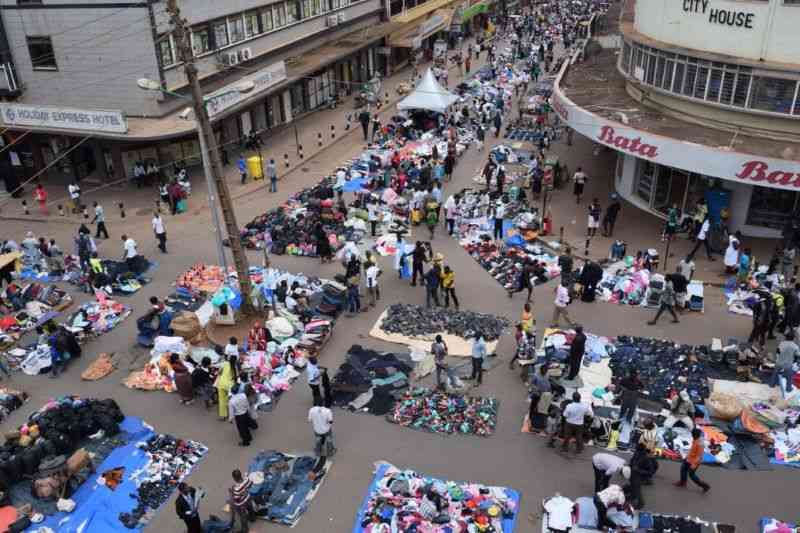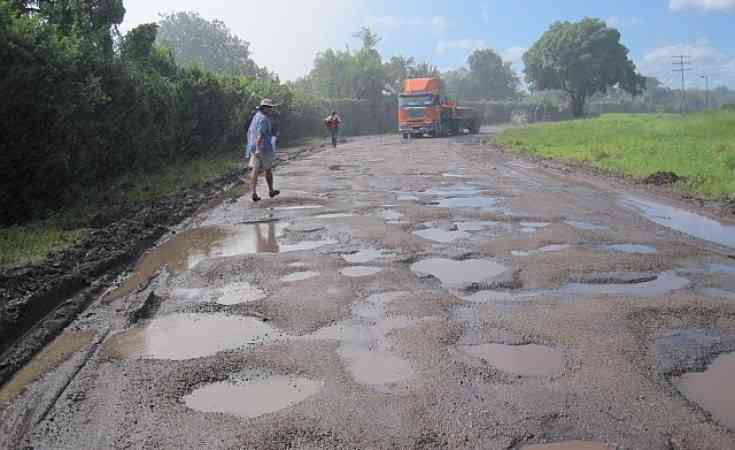
The untapped potential of the diaspora
Zimbabwe’s diaspora is one of the largest contributors to the national economy. Year after year, remittances provide stability to households, ensure children stay in school, and keep families afloat during economic turbulence. Yet, this money can do much more. If redirected strategically, diaspora resources can transform Zimbabwe into an energy-secure nation, while giving Zimbabweans abroad a sense of ownership in their country’s development.
It is my conviction that diaspora participation in renewable energy can add an additional 5000MW of clean power to Zimbabwe’s grid. This is not just a dream — it is a calculated, achievable target if the government, private sector, and diaspora work together.
Why this moment is critical?
Energy shortages remain one of Zimbabwe’s biggest constraints to growth. Frequent load shedding affects mining operations, disrupts manufacturing, and forces businesses to rely on expensive diesel generators. Meanwhile, the demand for electricity is rising with new housing projects, industrial expansion, and digitalisation of the economy.
If we continue on the current trajectory without decisive action, the gap between supply and demand will widen further. But if we mobilize the diaspora, Zimbabwe can turn crisis into opportunity, ensuring self-sufficiency and regional competitiveness.
Renewable energy as the Diaspora’s gateway to nation-building
Renewable energy is the perfect entry point for diaspora investment because:
- Little hope for Zim, Africa
- African leaders dying overseas expose cruel deception of independence
- Sadc must intervene on Zim crisis: SA
- Sadc meets over water, energy and food security
Keep Reading
- Low entry barriers: Unlike mining or large-scale industrial ventures, renewable energy projects can be modular. A small diaspora group can finance a 1MW mini-grid, while larger pools can fund 100MW solar farms.
- Quick returns: Solar plants can be commissioned within 12–18 months, offering faster returns compared to other infrastructure projects.
- Tangible impact: Every solar panel installed translates directly into electricity for homes, schools, clinics, and industries. Diaspora investors can see their contributions powering communities.
- Alignment with Global Climate Finance: By co-financing projects, diaspora investors position Zimbabwe to access climate finance from global institutions who prefer blended finance models.
Financing models that work
To make this vision practical, Zimbabwe can adopt innovative financing models:
Diaspora green bonds – Structured by financial institutions, allowing Zimbabweans abroad to invest in safe, interest-bearing securities that directly fund solar farms and substations.
Energy crowdfunding platforms – Digital portals where diaspora members can pool money for specific projects, tracked in real-time for transparency.
Diaspora-utility co-ownership: Allowing diaspora cooperatives to co-own and earn from electricity sales to ZETDC.
Diaspora housing + solar packages: As diaspora members build homes in Zimbabwe, rooftop solar systems can be included as part of housing financing, reducing demand on the grid.
Pension fund partnerships: Diaspora retirement savings can be invested into stable, income-generating renewable energy projects at home.
Beyond megawatts: Wider benefits of diaspora energy participation
- Strengthening climate resilience
Renewable energy reduces dependence on water-intensive hydropower, which is vulnerable to droughts caused by climate change. Solar and hybrid systems ensure stability even when Kariba underperforms.
- Promoting gender equality
Reliable electricity reduces the burden on women in rural areas who spend hours gathering firewood or cooking with harmful fuels. Women-led enterprises thrive when energy is reliable, aligning with SDG 5 (gender equality).
- Accelerating rural development
Mini-grids financed by diaspora can electrify rural schools, clinics, and irrigation systems. This improves education outcomes, food security, and healthcare access, reducing rural-to-urban migration.
- Job creation & skills transfer
Renewable projects create thousands of local jobs in construction, engineering, and maintenance. With diaspora professionals mentoring local engineers, Zimbabwe builds a new generation of green energy experts.
- Regional energy integration
By generating excess power, Zimbabwe could become a net exporter of clean electricity within the Southern African Power Pool (SAPP). Diaspora-funded projects would then benefit not only Zimbabwe but the wider SADC region.
Target: 5000MW by 2035
To put numbers into perspective:
1000MW — Utility-scale solar farms across provinces.
1500MW — Hybrid solar + battery + diesel backup for mines, estates, and industries.
500MW — Small hydro and wind energy projects in specific corridors.
2000MW — Rooftop solar, decentralised mini-grids, and rural electrification.
This mix would not only stabilise Zimbabwe’s energy landscape but also make it one of the leaders in renewable energy in Africa.
Building investor confidence
For diaspora investors to commit, there must be clear guarantees:
-ZIDA-backed investment protection ensures legal safeguards.
-Transparent Power Purchase Agreements (PPAs) with ZETDC.
-Escrow accounts and Letters of Credit (LCs) to guarantee payment security.
Public reporting and audits to build long-term trust.
Transparency is the currency of trust, and without it, diaspora funds will remain in private bank transfers instead of powering national development.
A patriotic and spiritual mission
Diaspora investment in renewable energy is not just economic, it is deeply patriotic and spiritual. It allows Zimbabweans abroad to give back in a way that changes lives beyond their immediate families. It is nation-building in its purest form. It is about leaving a legacy where future generations can say: our lights shine because our mothers and fathers abroad believed in Zimbabwe.
Conclusion: The time is now
Zimbabwe cannot wait another decade to fix its energy challenges. The diaspora has the resources, the government has the policy frameworks, and the private sector, like Power Giants Private Limited, has the technical capacity to deliver.
If we mobilise together, remittances will no longer just buy groceries or build individual houses. They will build power plants, energize industries, and light up communities. They will transform Zimbabwe from energy-starved to energy-abundant.
5000MW is achievable. But only if we act now, together, with boldness, clarity, and unwavering belief in our country’s future.
*Edzai Kachirekwa is the chief executive officer of Power Giants Private Limited. He can be reached at email: [email protected] or www.powergiantsgroup.com











